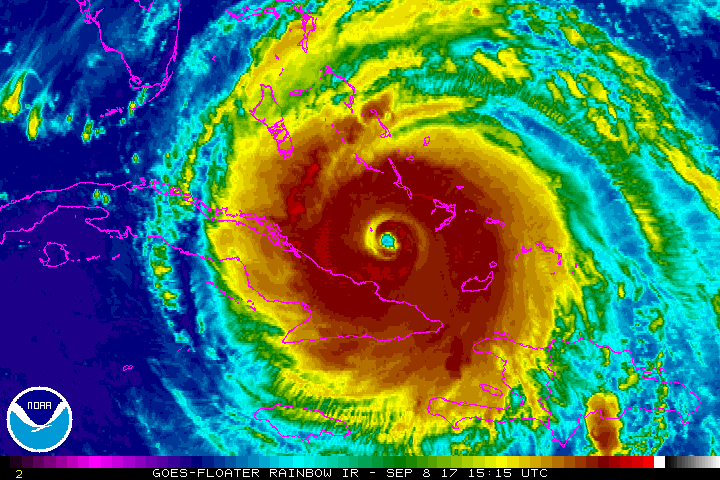Hurricane season runs from June 1 through November 30. As we are amid the season, it is important for populations living in areas at risk of hurricane activity to keep front of mind what actions are needed to ensure proper preparation.
As a former federal agent, I have seen my share of hurricane aftermaths. During my time performing executive protection for White House Cabinet members, I have visited multiple states post-hurricane landfall. These states include Louisiana, Mississippi, Texas and New Jersey to name a few. During these visits, I witnessed firsthand the resilience efforts performed by federal & local governments, businesses, organizations, and individuals. With each visit, two things always resonated with me:
1. The sheer power of a hurricane; and,
2. The incredible difference proper preparation means.
Given that, here are a few important tips to help you prepare for a hurricane:
Know if the location where you work, live, visit, or vacation is at risk of hurricane activity.
If you are or will be in an area at risk, sign up for warning systems. The federal government has alert notification services such as The Emergency Alert System (EAS) and National Oceanic and Atmospheric Administration (NOAA) Weather Radio. Your local government will have alert systems as well.
Make your plans early for evacuation or sheltering in place. If you have family or friends with you, have a plan in case you get separated. Agree on a meeting place and a method of contact.
Always be familiar with evacuation zones and evacuation routes.
Know the location of safe shelter for high winds nearest you. If there is no community designated shelter, then utilize a small, interior, windowless room in a sturdy building on the lowest level that is not subject to flooding, if you plan to hunker down or miss permitted evacuation timeframes.
Supplies are critical. Make sure you have all needed supplies for a minimum of three days, although seven days is preferable. Keep in mind each person’s specific needs, especially regarding medication and medical needs. Don’t forget the needs of pets if you have any. There are plenty of recommendations online for what should be in your supplies. Make sure to GET YOUR SUPPLIES EARLY.
Always have flashlights, cell phones and chargers and a backup method for communication.
Keep important documents in a safe place and back them up with digital copies (this is a good practice regardless).
Protect your property. De-clutter drains and gutters. Install check valves in plumbing to prevent backups. Consider hurricane shutters. Know your insurance policies.
Make sure your vehicle has a full tank of gas. DO IT EARLY.
Make sure you have cash on hand. Hurricanes typically cause widespread power outages, making ATMs and credit card readers useless.
Samuel Wiggins has over 25 years of experience in executive leadership, project management and security consultancy. Mr. Wiggins serves as the Chief Operating Officer for Soteryx Corp. where he oversees daily business operations and the work of the executive team. Previously, he worked as the Acting Associate Administrator for the Office of Homeland Security at the U.S. Environmental Protection Agency, serving as the principal EPA representative to the White House National Security Staff and coordinating EPA’s involvement in interagency national and homeland security matters. Mr. Wiggins was also a Special Agent in Charge responsible for high risk personnel protection, organization, security and criminal investigations and served a Supervisory Special Agent for the Department of Defense’sPentagon Force Protection.


